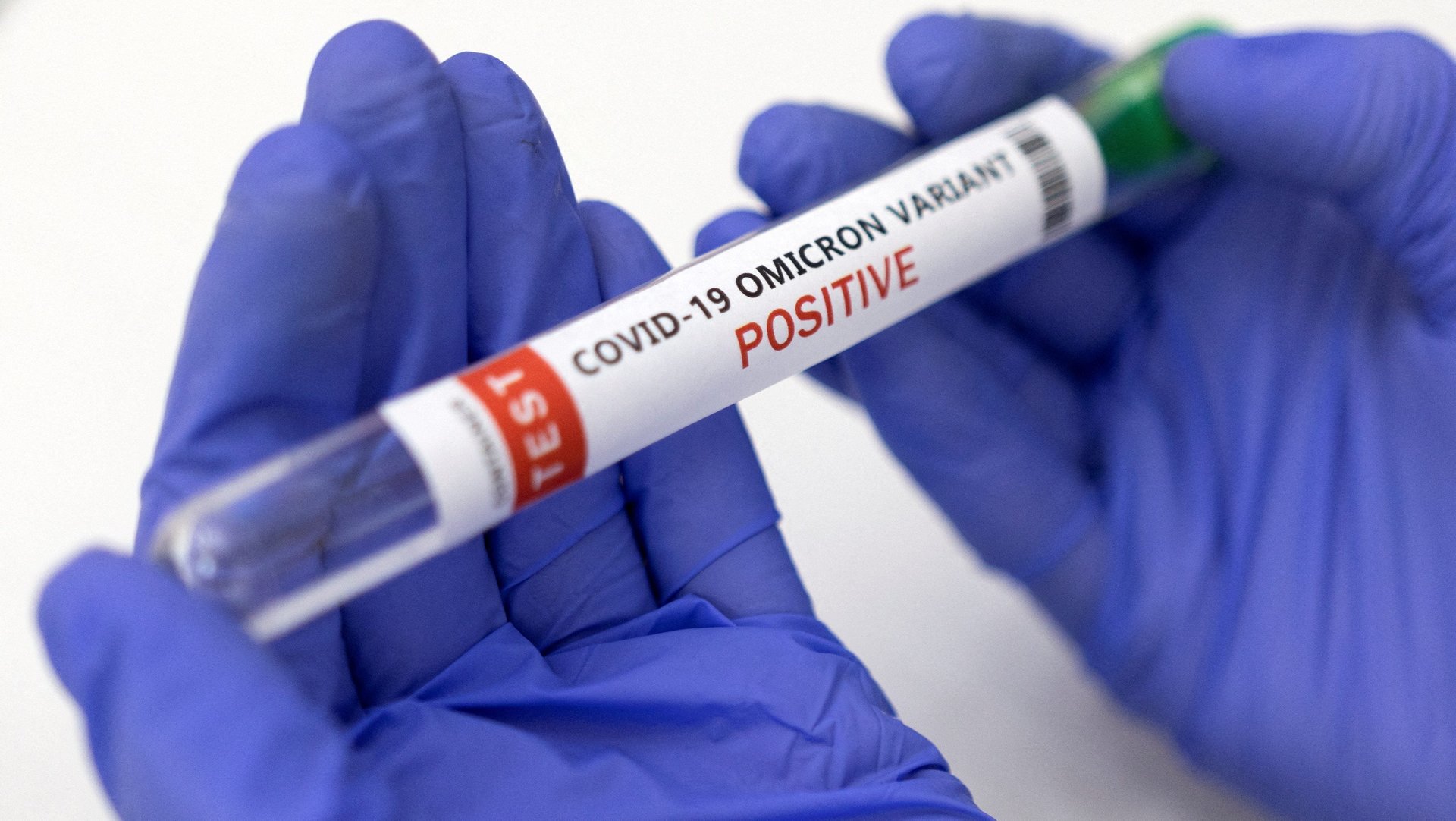Omicron may not provide the mass immunity we’re hoping for
The omicron variant of covid-19, which has replaced delta as the most common strain, is still spreading around the world. While it’s much more contagious than previous covid-19 variants, omicron carries two possible silver linings: It appears to be less likely to cause severe illness and its spread raised some hopes that it could help create herd immunity in areas of low vaccination rates.


The omicron variant of covid-19, which has replaced delta as the most common strain, is still spreading around the world. While it’s much more contagious than previous covid-19 variants, omicron carries two possible silver linings: It appears to be less likely to cause severe illness and its spread raised some hopes that it could help create herd immunity in areas of low vaccination rates.
This, for instance, is what prompted the World Health Organization’s European office to publish a statement saying omicron might open a new phase in the pandemic, with widespread immunity reached through a combination of vaccinations and infections.
Yet new research published Jan. 26 by researchers at the University of California, San Francisco shows the long-term effect of omicron-induced immunization might be highly overrated.
Mild infection, mild immunity
The study is yet to be peer-reviewed but offers important evidence about the role of covid-19 infections in building immunity. Researchers analyzed the antibody responses of 125 fully vaccinated individuals, both boosted and non-boosted with a third dose, after so-called breakthrough infections of omicron and delta variants.
For non-boosted individuals, the study found that breakthrough infections restored immunity to levels comparable to that provided by boosters. However, the immunity wasn’t the same for both variants: infections by delta variants caused stronger hybrid immunity—that is, immunity acquired both by exposure to the virus, and vaccines—than by omicron.
The researchers found a correlation between the severity of the cases and the levels of immunity acquired, which means that more serious infections corresponded to stronger immunity. This might help explain why cases of covid-19 caused by the omicron variant were found to provide lower immunity than those caused by delta, since the latter was associated with the lower transmission but more severe cases, while omicron circulated more broadly, but often with mild or asymptomatic cases.
Because omicron is responsible for the spike in cases around the world, the populations who have contracted the virus are more likely to have a lower level of immunity built through the infections than they would have had with delta. Scientists also found that immunization following a breakthrough case of omicron offered limited protection against delta.
This has important consequences, particularly where the spread of omicron has been discussed as a potential alternative to immunization campaigns, or boosters. “Our results suggest that omicron-induced immunity may not be sufficient to prevent infection from another, more pathogenic variant, should it emerge in the future,” write the authors of the study. That means widespread vaccination, including boosters, remains the most reliable protection against future covid-19 outbreaks.